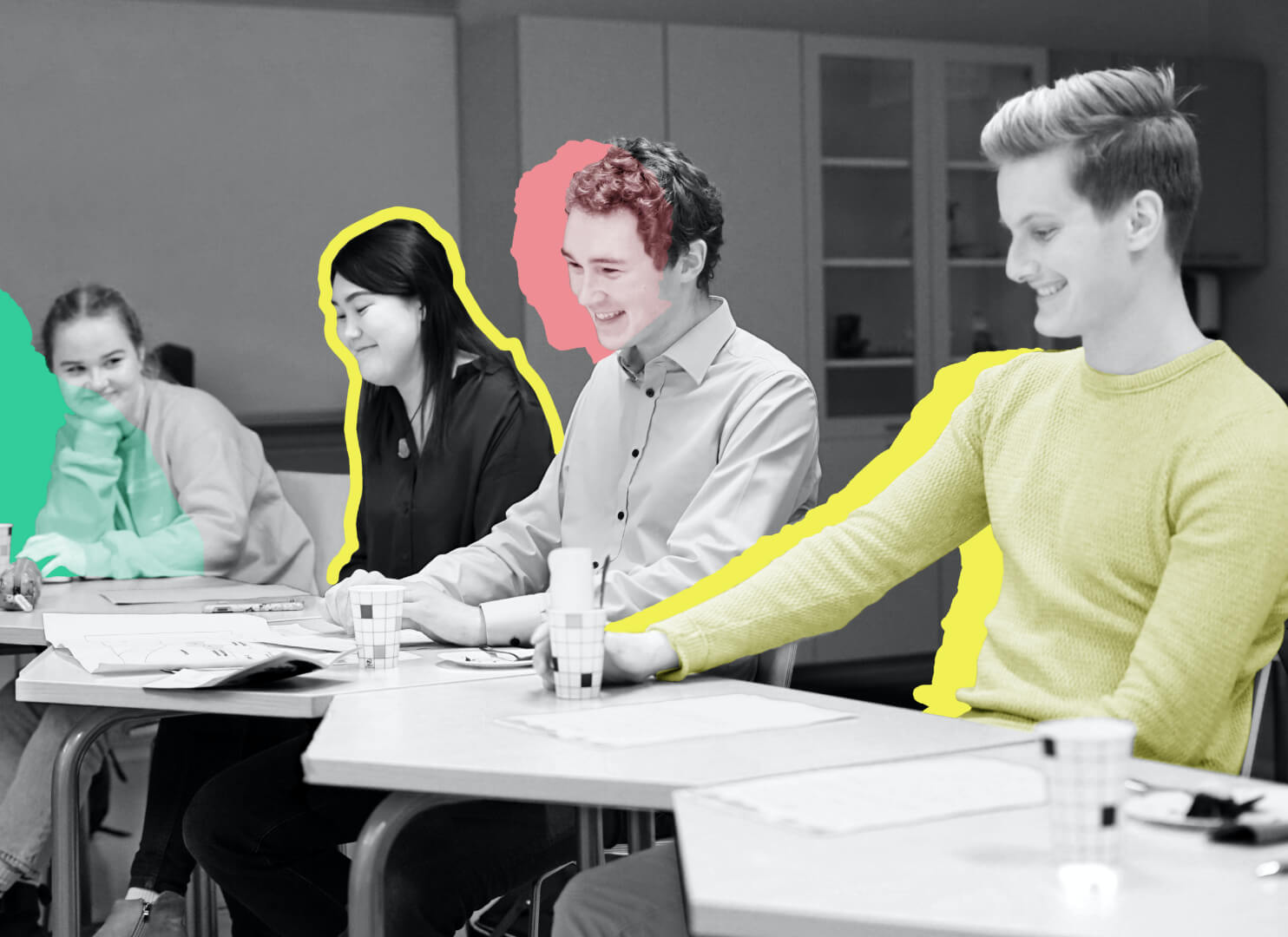PARTICIPATION AND MAKING A DIFFERENCE
Social participation is essential to the continued life and wellbeing of any democracy. The deepest purpose of schools is to foster responsible and active citizens, and to provide opportunities and encouragement for learning the skills this requires.
In line with the national curriculum for middle school (junior high) and high school students, this package includes many exercises for developing the skills needed for active and effective democratic participation. Learning to deal with and prevent conflicts and promote peace are essential parts of democratic life, at all levels – in one’s own school and community, nationally, and internationally. These exercises help students to think critically about all the sides of any debate or conflict. In doing so students become better able to act fairly and justly.
The exercises are downloadable as PDF files.

